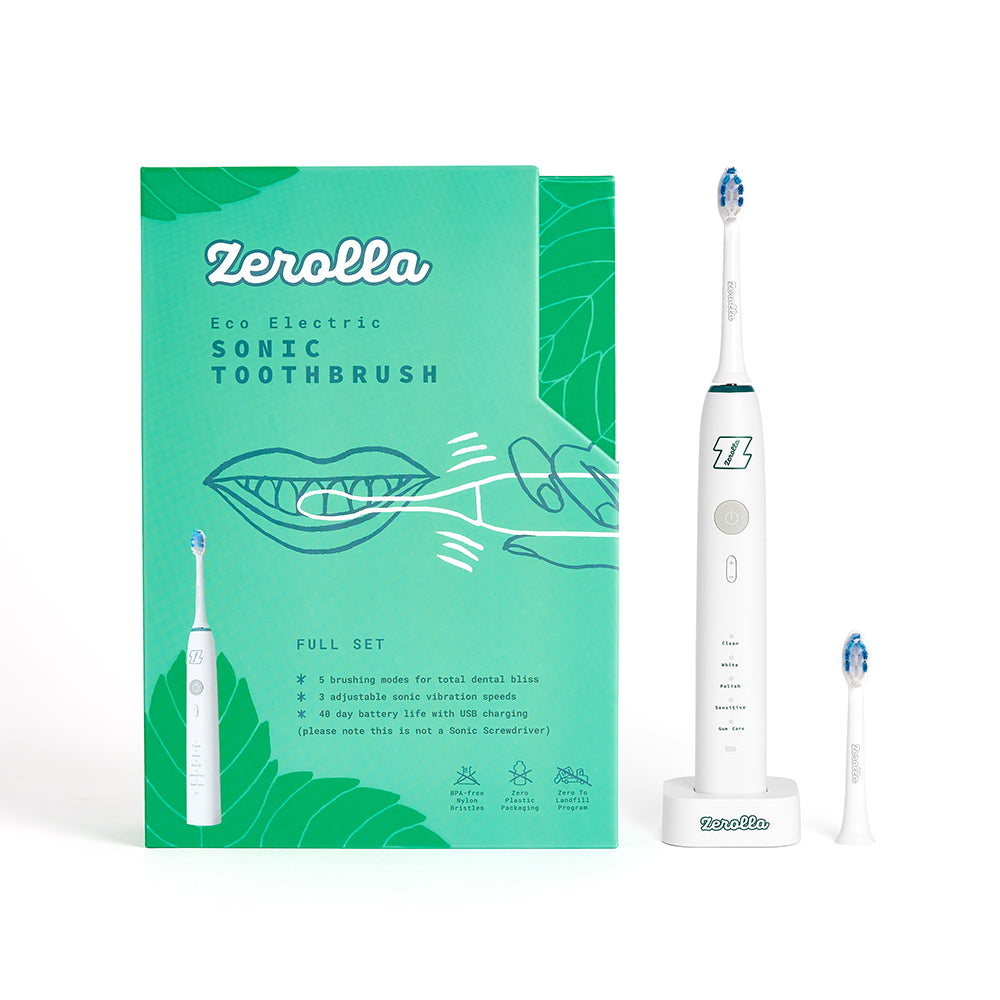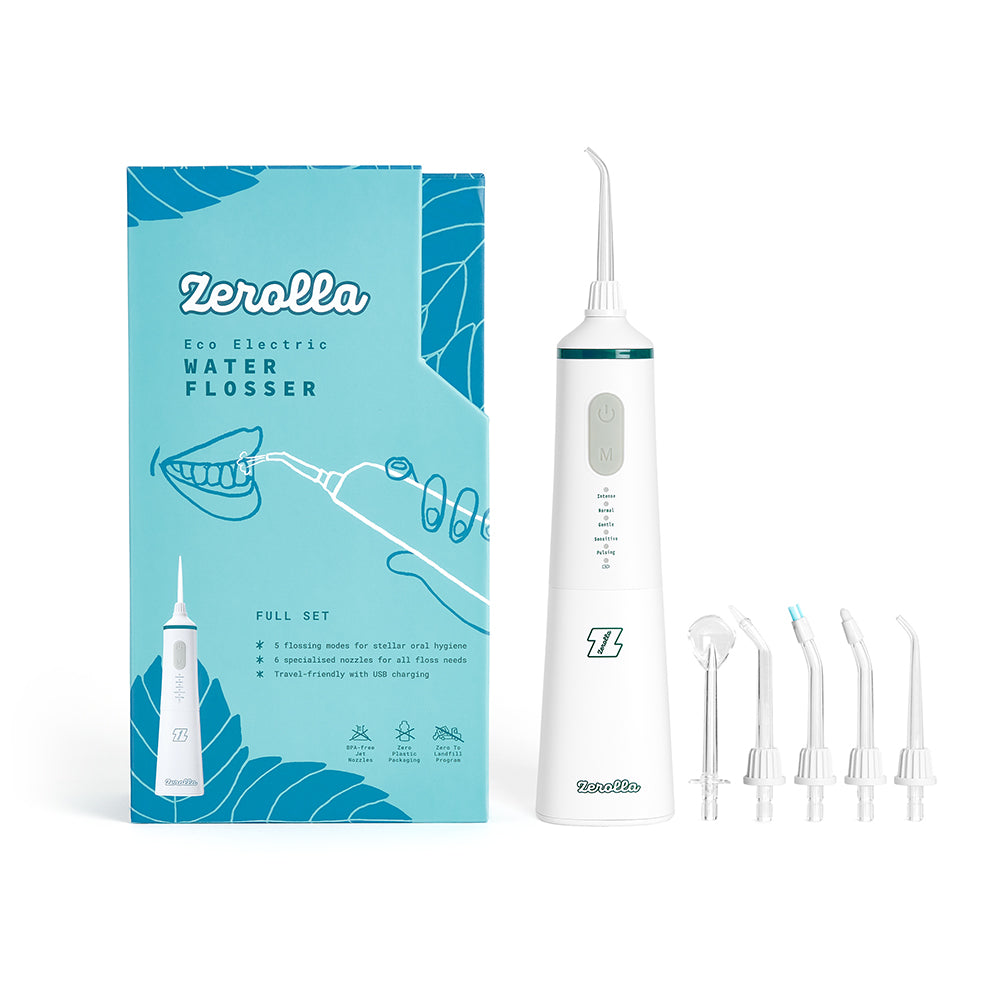When we think about health, most of us focus on exercise, sleep, and maybe vitamins. But nearly a century ago, Dr. Weston A. Price, an Ohio dentist, discovered something far more fundamental: the shape of our faces and jaws is profoundly influenced by the foods we eat.
Price traveled the world in the 1930s, studying traditional cultures and documenting their diets, dental health, and facial development. His findings continue to inspire a growing number of doctors, dentists, and families who are rethinking what it means to raise strong, healthy children.
Let’s dive into what he uncovered and why it still matters today.
1. Nutrition Shapes the Face
Dr. Price noticed that children raised on traditional, nutrient-dense diets had broad faces, strong jawlines, and perfectly aligned teeth, without braces. These diets were rich in fat-soluble vitamins (A, D, K2), minerals, and whole, unprocessed foods.
When those same communities adopted industrialised foods - white flour, sugar, canned goods - facial development changed dramatically in just one generation. Narrow jaws, crowded teeth, and smaller airways became common.
Takeaway: Proper nutrition doesn’t just fuel growth - it literally builds the bones of the face.
2. Breathing and Airway Health
Broad facial structures also meant something crucial: wide nasal passages and strong airways. This supports healthy breathing, better sleep, and overall vitality.
Price’s photos of traditional peoples often show open, vibrant expressions—faces shaped for optimal function. Today, narrow jaws and recessed faces often go hand-in-hand with mouth breathing, sleep apnea, and orthodontic struggles.
Takeaway: Facial development impacts far more than a smile, it’s connected to breathing and long-term health.
3. Dental Health Reflects Whole-Body Health
Price didn’t stop at faces. He carefully documented that tooth decay and gum disease were rare in traditional societies eating nutrient-rich diets. Their dental arches were broad and their teeth strong, even without toothbrushes or modern dentistry.
By contrast, communities that shifted to refined foods showed rapid increases in cavities, gum problems, and even chronic disease.
Takeaway: Oral health is a mirror of overall nutrition and wellness.
4. What It Means for Us Today
Modern parents and health-conscious families can take cues from Price’s work:
-
Prioritise nutrient-dense foods: whole dairy, eggs, grass-fed meats, organ meats, seafood, fermented foods, and fresh produce.
-
Limit refined carbs and sugars that disrupt the body’s balance.
-
Support jaw development with chewing real, whole foods instead of soft, processed options.
And when it comes to oral care, choosing products that respect the body’s natural balance, without harsh chemicals, is another piece of the puzzle.
5. Key Advice from Weston A. Price
Dr. Price’s research spanned dozens of cultures, yet his advice was remarkably consistent. Here are the timeless principles he emphasized for building strong teeth, jaws, and overall health:
- Eat whole, nutrient-dense foods rich in fat-soluble vitamins A, D, and K2.
- Choose high-quality animal foods such as grass-fed dairy, organ meats, eggs, and seafood.
- Include fermented foods like raw dairy, sauerkraut, and traditionally prepared grains.
- Avoid modern processed foods—especially sugar, white flour, and industrial oils.
- Support children’s growth with nourishing foods during pregnancy, infancy, and childhood.
-
Respect traditional food preparation methods (soaking, fermenting, slow cooking) that enhance nutrition.
Takeaway: These principles aren’t about fad diets - they’re timeless wisdom for building strong, healthy bodies from the inside out.
Nourishing Smiles, Naturally
At Zerolla, we share Dr. Price’s vision: that oral health is inseparable from overall health. By pairing a nutrient-rich diet with natural, effective oral care, we can support strong teeth, healthy gums, and radiant smiles, for children and adults alike.
Because when we nourish the body, we also nourish the face, the smile, and the generations to come.


















Leave a comment (all fields required)